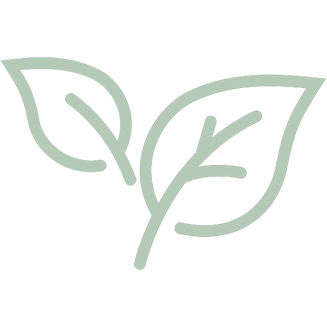At Flinders, we spend a lot of time thinking, talking, wondering, inspiring, dreaming, observing, planning for, assessing and documenting play. We live and breathe play. Indoor play, outdoor play, nature play, arts-based play, block play, socio-dramatic play, experimental play, creative play, imaginative play, sensory play; any kind of play you can think of, we want to know about it.
We. Love. Play.
But sometimes there is a difference in understanding about the role of play in children’s learning, and what we mean at Flinders when we talk about play.
Over the next couple of weeks on Our Million Opportunities, we are going to delve deeply into the idea of play as a context for learning. We will share with you a range of articles, videos, and our personal reflections, on the role of play in children’s lives.
Because play is much more than fun for children. Play is how children engage, how they begin to understand their place in the world. Play is how children make authentic connections between ideas and concepts, enabling long term success in learning. Play is how children learn.
The Early Years Learning Framework marks play as a key practice for early childhood educators, recognising play as a context for learning. The EYLF discusses play as follows;
Learning Through Play
Play provides opportunities for children to learn as they discover, create, improvise and imagine. When children play with other children they create social groups, test out ideas, challenge each other’s thinking and build new understandings. Play provides a supportive environment where children can ask questions, solve problems and engage in critical thinking. Play can expand children’s thinking and enhance their desire to know and to learn. In these ways play can promote positive dispositions towards learning. Children’s immersion in their play illustrates how play enables them to simply enjoy being.
Early childhood educators take on many roles in play with children and use a range of strategies to support learning. They engage in sustained shared conversations with children to extend their thinking. They provide a balance between child led, child initiated and educator supported learning. They create learning environments that encourage children to explore, solve problems, create and construct. Educators interact with babies and children to build attachment. They use routines and play experiences to do this. They also recognise spontaneous teachable moments as they occur, and use them to build on children’s learning. Early childhood educators work with young children to promote and model positive ways to relate to others. They actively support the inclusion of all children in play, help children to recognise when play is unfair and offer constructive ways to build a caring, fair and inclusive learning community.
The Early Years Learning Framework is based on contemporary research in the field of early childhood education and children’s brain development. It’s recent development and publication makes it a contemporary and progressive document for early childhood educators to work with in Australia. It is used within all early childhood sites that cater for children aged birth to school aged in Australia, regardless of their title or management. The implementation of the EYLF at Flinders is the responsibility of all educators, and is lead by the Programming Educators, the Assistant Directors, the Educational Leader, and of course the Director. All early childhood education sites are subject to assessment by the the same, national governing body; the Australian Children’s Education and Care Quality Authority. The EYLF articulates well with the Australian Curriculum Assessment and Reporting Authority’s national curriculum. For all of these reasons, the EYLF’s emphasis on play as a context for learning is valid and meaningful in early childhood education. Further than that, implementing the EYLF and it’s practices is a legal requirement for all early childhood sites in Australia.
You can view the entire Early Years Learning Framework on the ACECQA website by following the link below;
http://files.acecqa.gov.au/files/National-Quality-Framework-Resources-Kit/belonging_being_and_becoming_the_early_years_learning_framework_for_australia.pdf
Of course, the implementation of the EYLF and play based programs is dependent on the culture and community of each site, the educators who work in each space, and the children and families who help make up the community. For this reason, our next post will share some of the broadly accepted definitions of play that help to inform our practice as Flinders.
